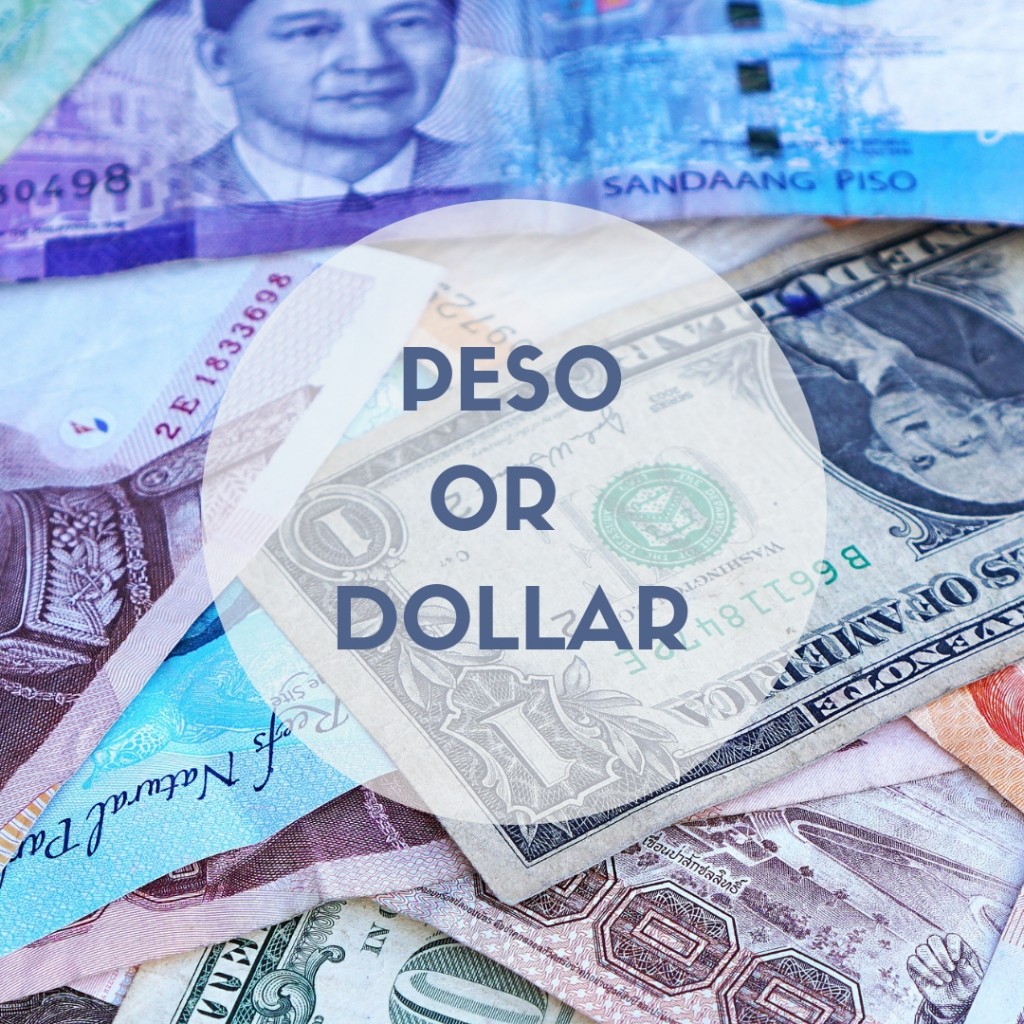
Published 20 May 2019, The Daily Tribune
In my previous column, I cited the rule against unauthorized disclosure, examination or inquiry into Philippine currency bank deposits under Republic Act 1405. I also explained that the prohibition is not absolute. It admits of various exceptions, carved out by statute and jurisprudence. Another law governs secrecy of foreign currency deposits. The rule ordaining their confidentiality is even more stringent, with fewer exceptions compared to RA 1405.
The most significant distinction is that while Philippine currency bank deposits may be examined or disclosed if there is a relevant court order, foreign currency deposits are exempt from court order and administrative process. In fact, they are exempt from execution, attachment and garnishment. Injunction will not lie to enjoin bank withdrawals of such deposits. Creditors cannot satisfy their claim then from the foreign currency bank deposits of their debtor. In simple words, the unpaid creditors, no matter how meritorious the claim may be, cannot seize the monies of their debtor if they are in foreign currency bank deposits. The purpose of RA 6426 is to encourage foreign currency deposits in order to beef up the country’s international reserves. The intent may be laudable but the stringent rule favoring these kind of deposits may be abused. Debtors who are anticipating adverse court decision can simply convert their deposits into foreign currency and instantaneously render them beyond the reach of judgment creditors.
In one case, a debtor obtained a foreign currency loan from a bank to invest in the purchase of a satellite. The loan was further secured by a bond issued by a reputable insurer. The loan was not paid. The lender called on the loan and ran after the surety which raised as defense that the loan proceeds were not used for the purpose specified in the surety agreement. Since there was misrepresentation, the surety contended that it could not be held liable on the bond. In support of its defense, the surety asked for a court subpoena to be able to inquire into the whereabouts of the loan proceeds. The Court held that this is not possible given the statute that exempts foreign currency deposits from any court order. (GSIS vs Court of Appeals, GR 189206, June 8, 2011)
In another case though, the Supreme Court allowed the garnishment of the foreign currency deposits of a foreign transient to satisfy a civil liability arising from his criminal offense. ( He raped a 10 year old minor but was able to abscond). In disregarding the rigid construction of RA 6426, the Court pronounced that the law could not be invoked to condone a wrongdoing or used for any purpose inconsistent with the salutary intent of the law. (Salvacion vs Central Bank of the Philippines 278 SCRA 27) The High Court likewise refused a trustee from invoking RA 6426 after he diverted the beneficial owner’s deposits to his own account, declaring that only the owner of the deposits can benefit from the protective mantle of RA 6426 (Van Twest vs Court of Appeals, 230 SCRA 42)
By law, notwithstanding RA 1405 and 6426, the Anti Money Laundering Council may also inquire into funds and deposits if there is a probable cause they relate to unlawful activities under the Anti- Money Laundering law (AMLA). Stated otherwise, the rule against unauthorized disclosure, examination and garnishment of deposits does not apply when it comes to AMLA violation.
After comparing the laws covering ₱ and $, I hasten to add that a revisit of RA 1405 cannot be complete without a corresponding review of RA 6426. Regardless of any possible amendment though, it should be stressed that laws cannot be used or applied in any manner contrary to their intent, rationale and purpose.
For comments and questions, please send an email to cabdo@divinalaw.com.

